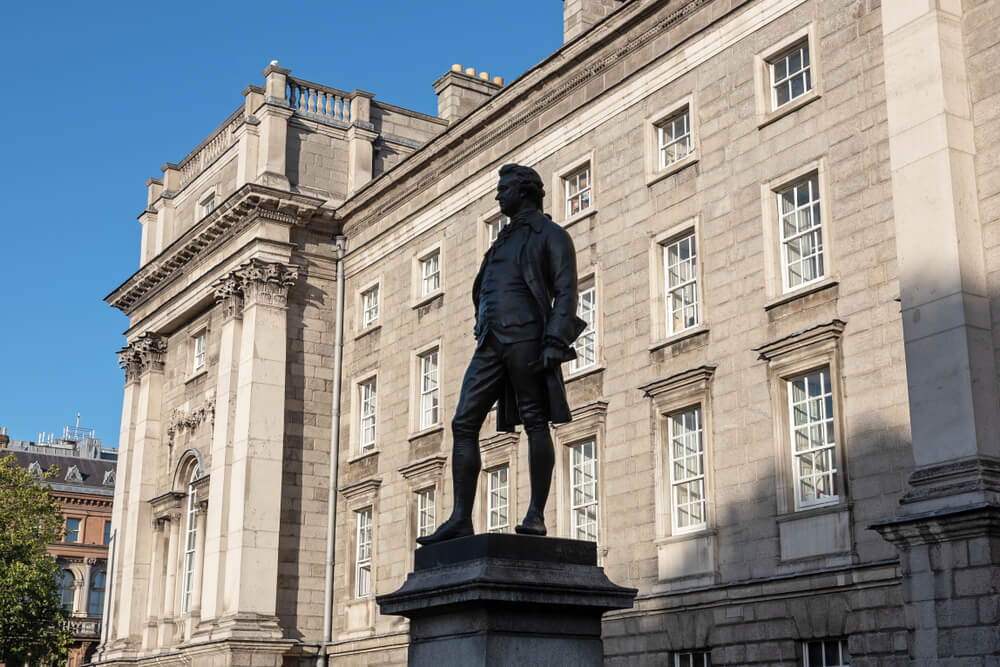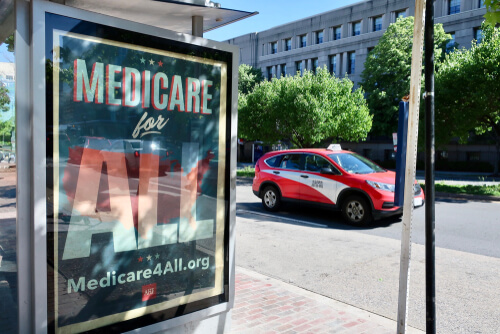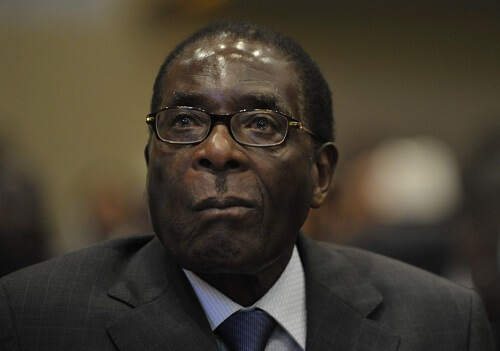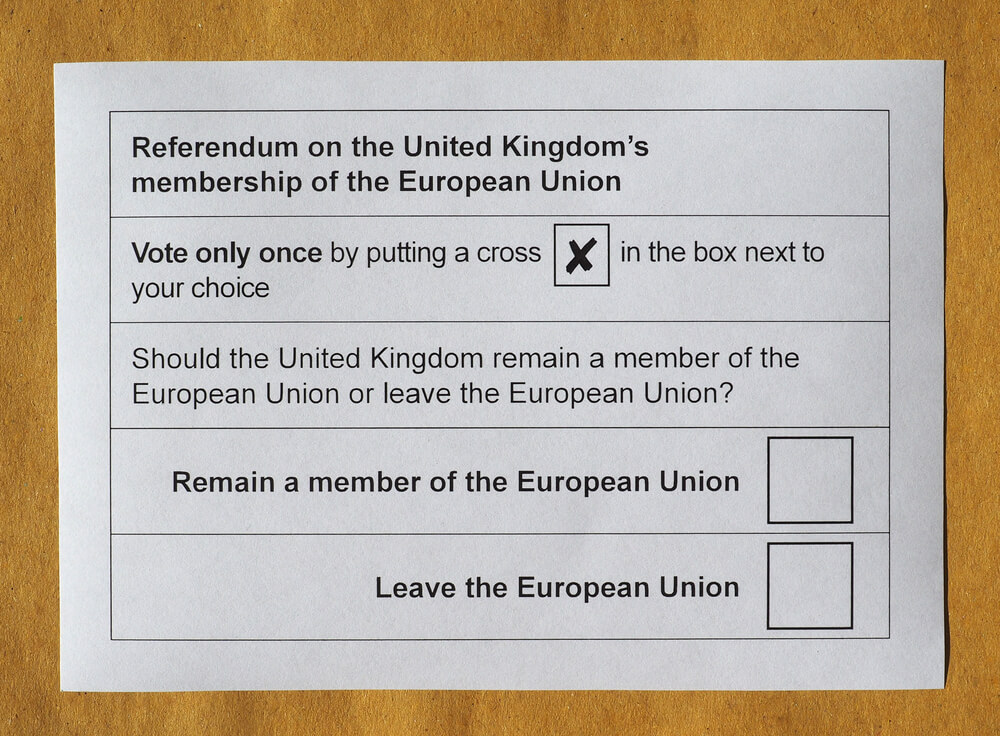Read any good books lately? As a matter of fact, I have. Quite a few.
We’re expected to plow through great stacks of books over the summer; perhaps a throwback to a time when people on vacation were quite bored. But for me, it was a good summer of reading.
A confession: I don’t read to improve my mind, to understand what skullduggery this president — any president — is up to, or what venality drives the great houses of commerce.
I read to spend a spot of time with other people. When I get a book that interests me, I move in. I take lodgings, as it were, with the people I’m reading about, whether it is great historical figures, say Conde Nast, or the denizens of works of fiction like those to be found in good detective stories — such as the Chief Inspector Banks novels by Peter Robinson, an English author who lives in Canada and sets his stories in the North of England. Or, I move to Venice in the mysteries of Donna Leon, an American who sets her Commissario Guido Brunetti series there.
Historical or fictional, I hang out with the subjects in books. I join families, police stations, cabinets, regiments, love affairs and just good friends.
This escapism for me is vastly enhanced by the fact that I’m a slow reader. But if it weren’t for my slow reading, I wouldn’t have long to live my man-who-dropped-in fantasy life. A sadness descends when I’m near the end of my sojourn with strangers and I realize that, in a half an hour or so, I’ll have to leave, endure separation, sorrow.
In recent years, technology has added to my ability to sojourn whenever I like: The technology is the Kindle. As much as I deplore what electronic publishing has done to the craft of book making and to newspaper production, it has added a wonderful portability to my reading.
The electronic reader is a manageable size and slips easily into a pocket. I’m glad when someone is late because I can read for a few minutes. What used to be an inconvenience has become a gift. Waiting for the doctor or being put on hold, while a recorded voice advises “one of our representatives will be with you shortly,” becomes an opportunity to take a quick trip somewhere else.
So, what did I do on my summer vacation — the one I didn’t take because I was too busy and too broke? I had a fabulous time in the 18th century with an extraordinary group of men, and a few women, who shaped the thinking of that time and whose influence has stayed with us to this day. The book, strongly recommended, is “The Club: Johnson, Boswell, and the Friends Who Shaped an Age,” by Harvard professor of literature emeritus Leo Damrosch.
I also hugely enjoyed my stay in London with “Vanessa and Her Sister: A Novel” by Priya Parmar. It’s all about the Bloomsbury Set circa 1907, about Virginia Woolf and many other writers and artists. They were very open about homosexuality, sex in general and arranged each other’s relationships with abandon.
My time in Wyoming was enlightening and enjoyable in J.L. Doucette’s crime mystery novel “Last Seen.” Doucette brings to life the hard times and interesting happenings in Sweetwater County, Wyo., featuring psychologist Dr. Pepper Hunt and Native American detective Antelope.
I dug into the complexities of sex and creativeness in Francine Prose’s “The Lives of the Muses: Nine Women and the Artists They Inspired.” Her book takes you from Man Ray and Elizabeth “Lee” Miller to Salvador Dali and Gala. As I met Dali several times, I found his relationship with his love Gala fascinating.
Right now, I’m hanging out in Australia with the characters of Liane Moriarty, one of the great fiction writers of our time. I’ve hung out with her characters in other books, but this time with those in “Nine Perfect Strangers.”
Armchair travel has joined the electronic age for me. Up, up and away!









